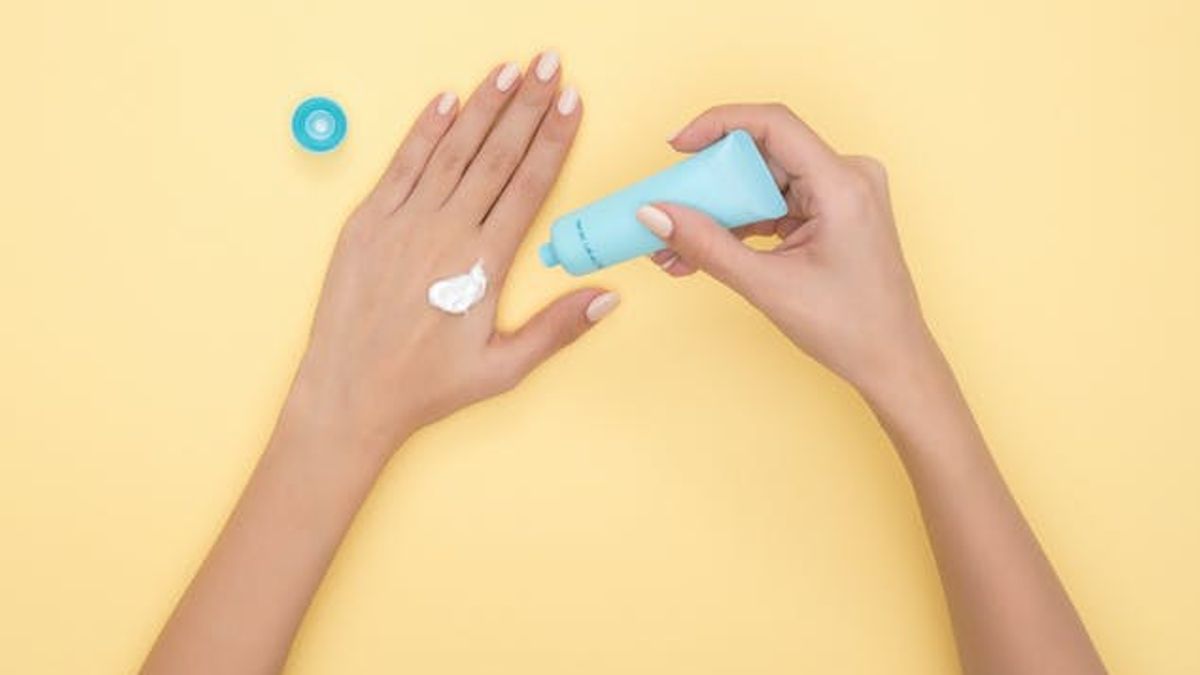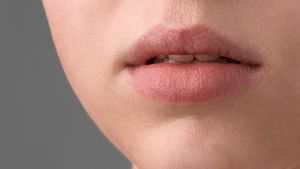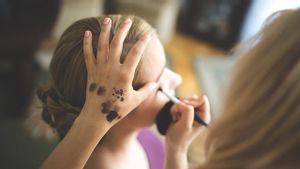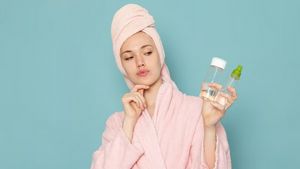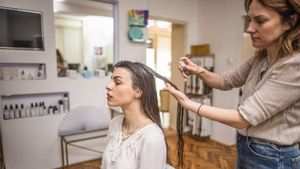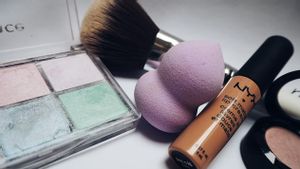JAKARTA - It's no secret that hydrated skin is the same as healthy skin. That's why many products contain humectants (to attract moisture) and emoliene (to lock moisture) such as hyaluronic acid, squalane, and glycerin.
One of the brilliant emolients is shea butter. Maybe not as interesting as other 'tren' ingredients, shea butter is still a skin savior and provides results. With various benefits on the skin ranging from easing irritation to overcoming drought, this product is a versatile product recommended by dermatologists.
Written on the Glamour UK page, reported by ANTARA some time ago, Dermatologist Consultant and Nutritionist Dr. Thivi Maruthappu said shea butter is a natural fat extracted from African shea tree beans.
"The richness of vitamins A, E and F, as well as fatty acids and antioxidants, has a very good moisturizing and healing nature," said Maruthappu.
Because shea butter can be found in many facial and body moisturizing products. Some of the benefits of shea butter are moisturizing the skin. By preventing moisture loss, shea butter ensures that the skin remains hydrated.
"Shea butter is an occlusive material that helps maintain moisture by preventing the loss of transpedermal water (the loss of moisture from the upper layers of the skin)," explained Dr Sam Bunting, dermatologist and founder of the eponymous skin care line.
관련 항목:
In addition, products containing shea butter will provide a "buttery" texture on the skin. Bunting says Shea butter also contains antioxidants and fatty acids that help calm damaged skin shields and actively help rebuild them. Because dry skin is one of the most common signs of protective damage, shea butter is very beneficial for this type of skin.
This will soften dry and cracked skin, Maruthappu emphasized.
Experts agree that pure shea butter will be very thick and difficult to apply. So the best option is to use products that contain shea butter as an additional skin care product. If you're worried shea butter will clog the pores, rest assured that this ingredient is non-medogenic.
"There are a lot of concerns about the ingredients that clog the pores, but based on my experience of using shea for more than a decade in practice, I feel the material can be well tolerated on all skin types including skin susceptible to acne," said Bunting.
Shea butter is also useful for those who have sensitive skin and are prone to acne, especially when using a retinoid. Shea butter will moisturize the entertainmentd skin due to retinoid use.
If irritation or redness occurs due to the use of shea butter, immediately stop using and consult a dermatologist for further advice.
The English, Chinese, Japanese, Arabic, and French versions are automatically generated by the AI. So there may still be inaccuracies in translating, please always see Indonesian as our main language. (system supported by DigitalSiber.id)
